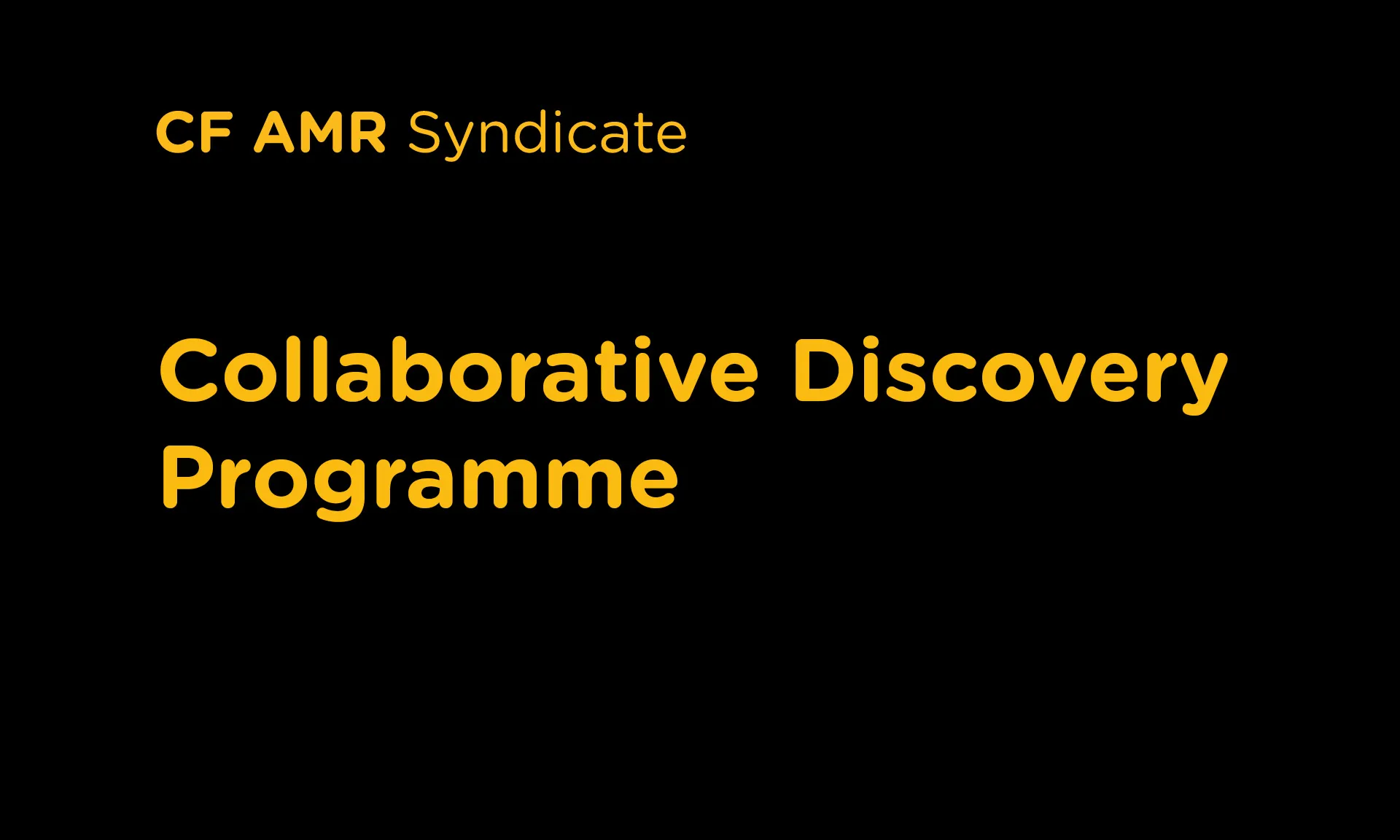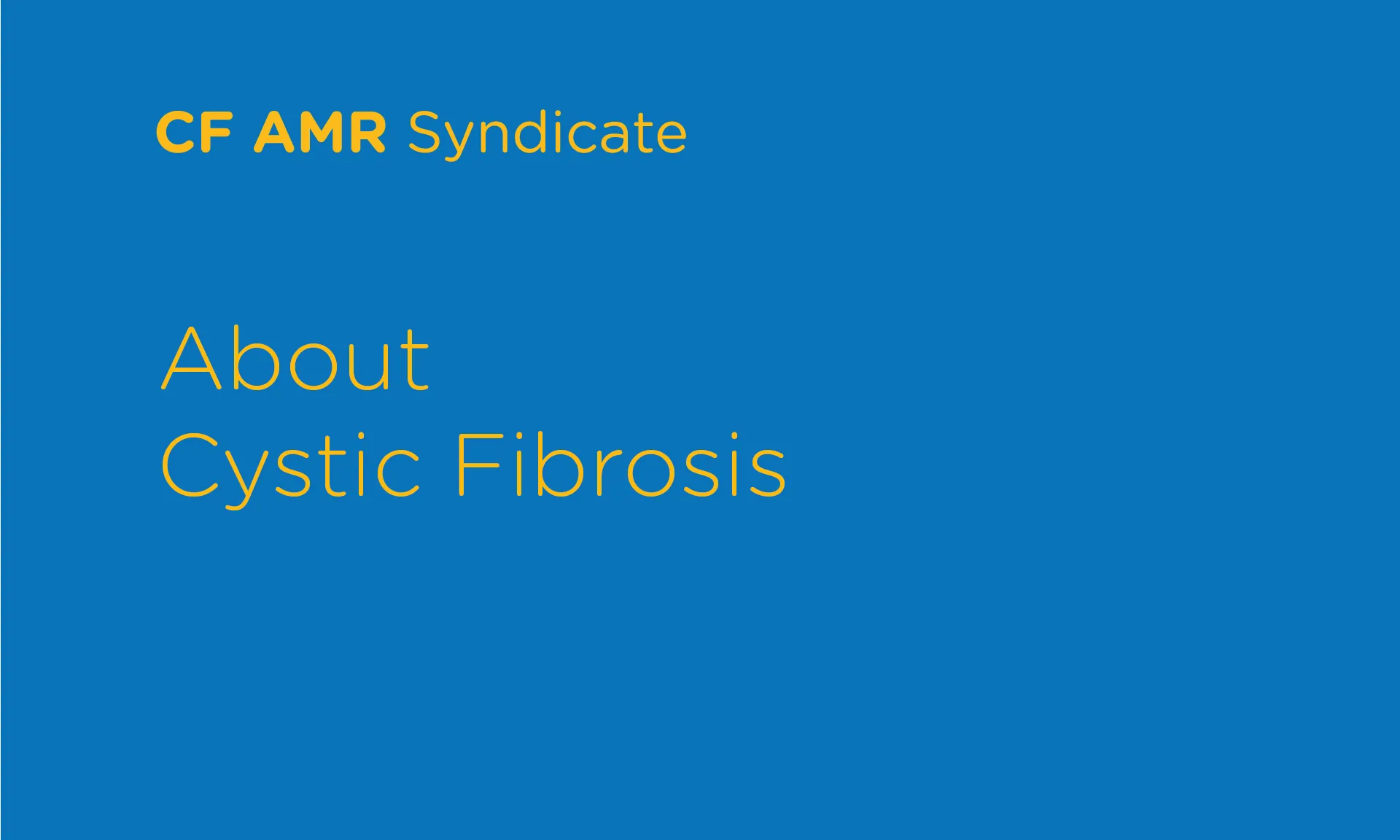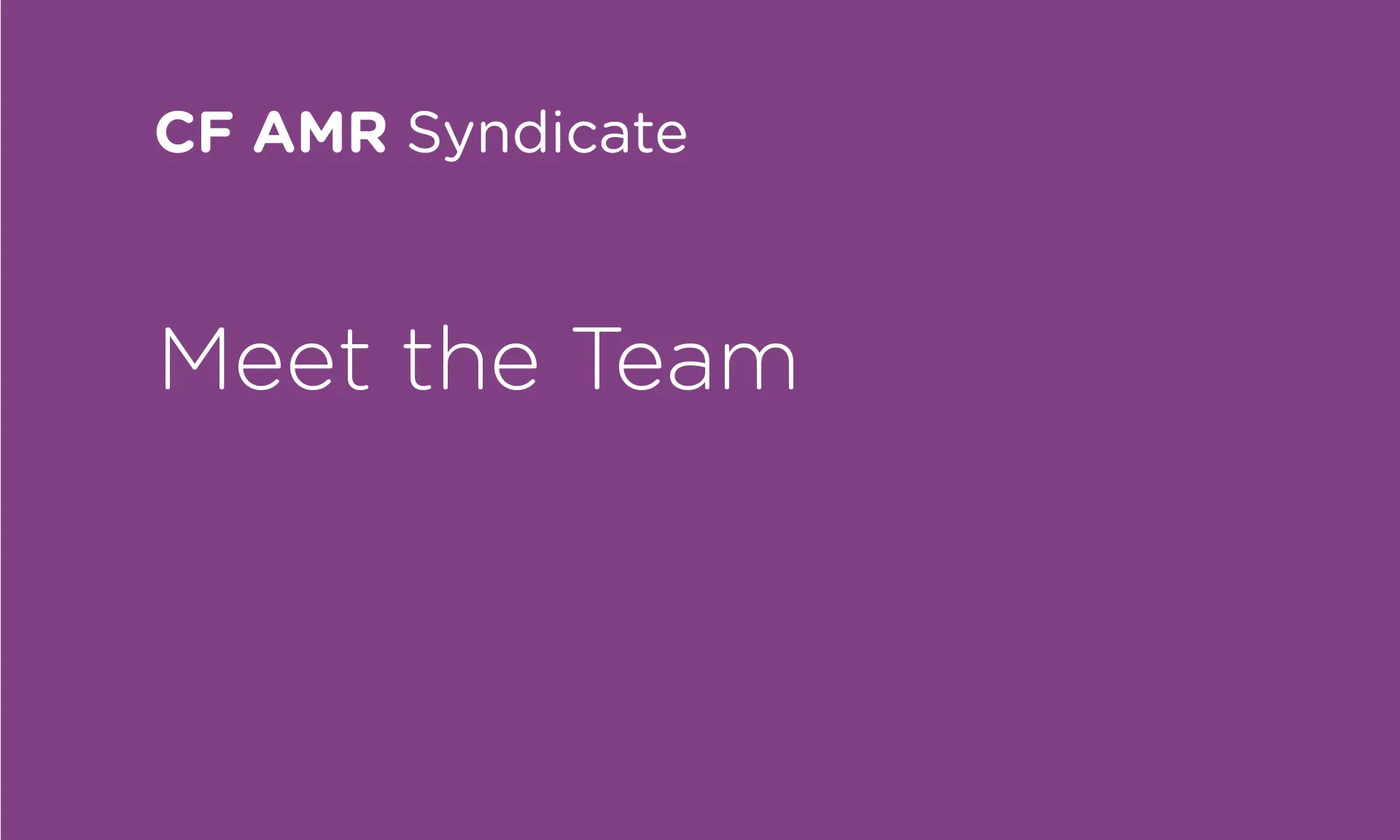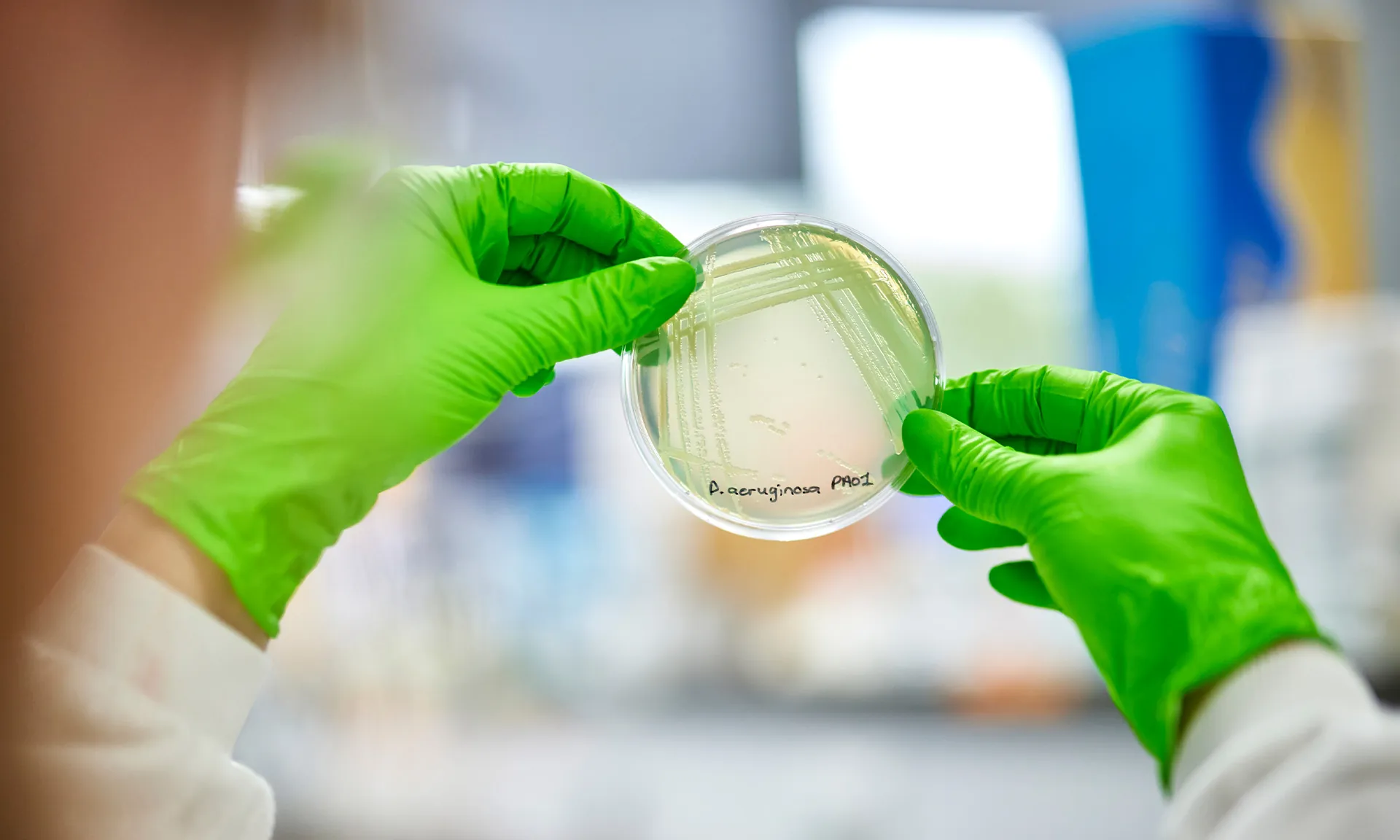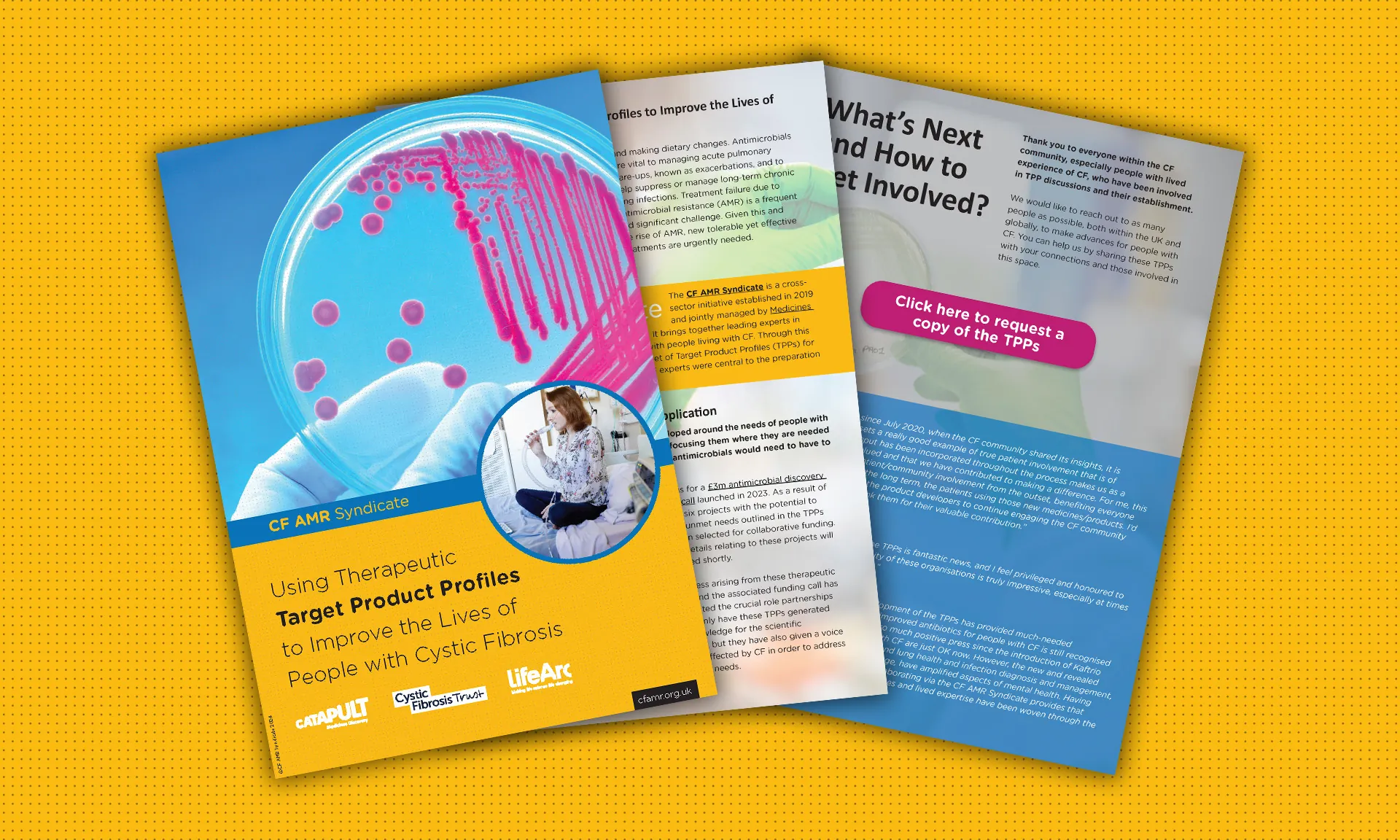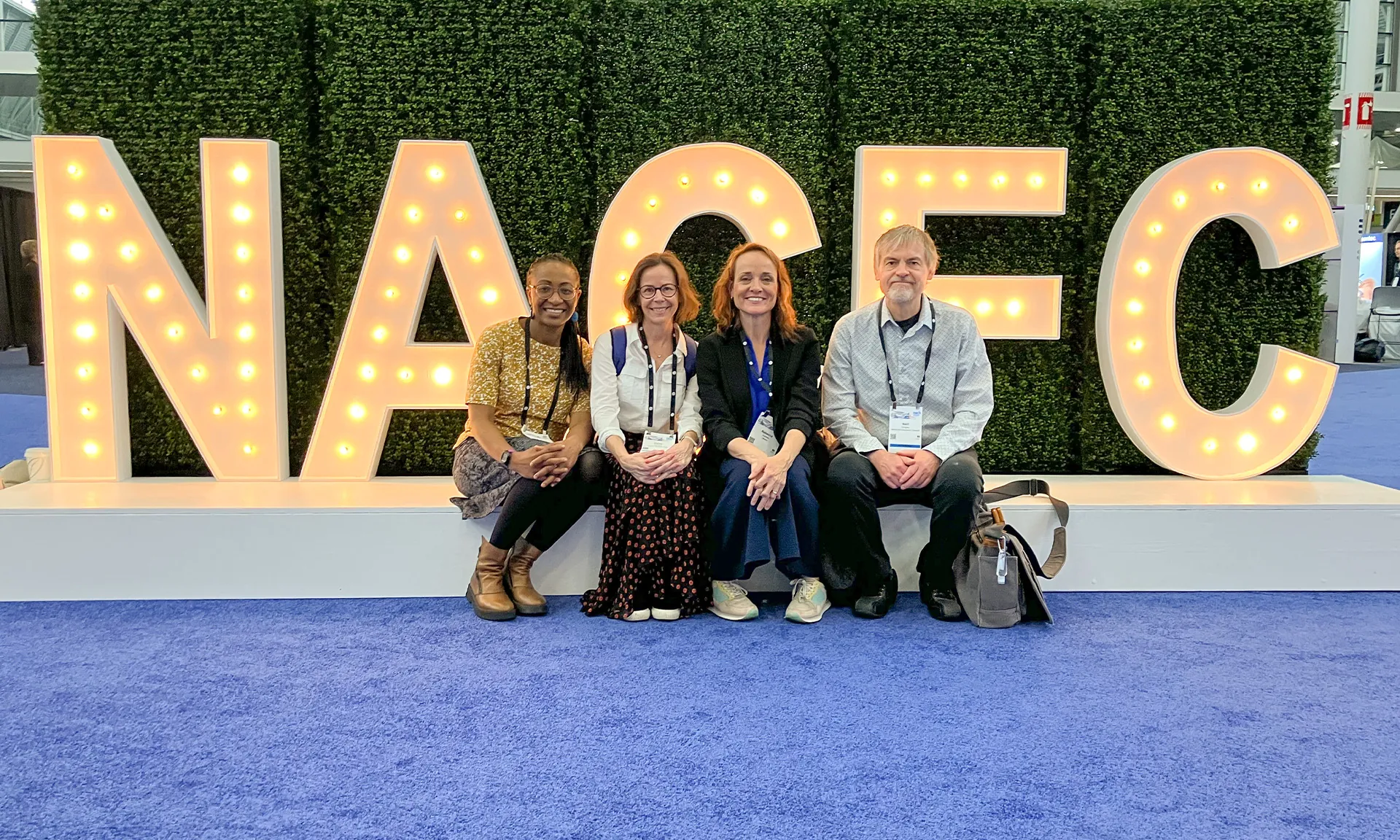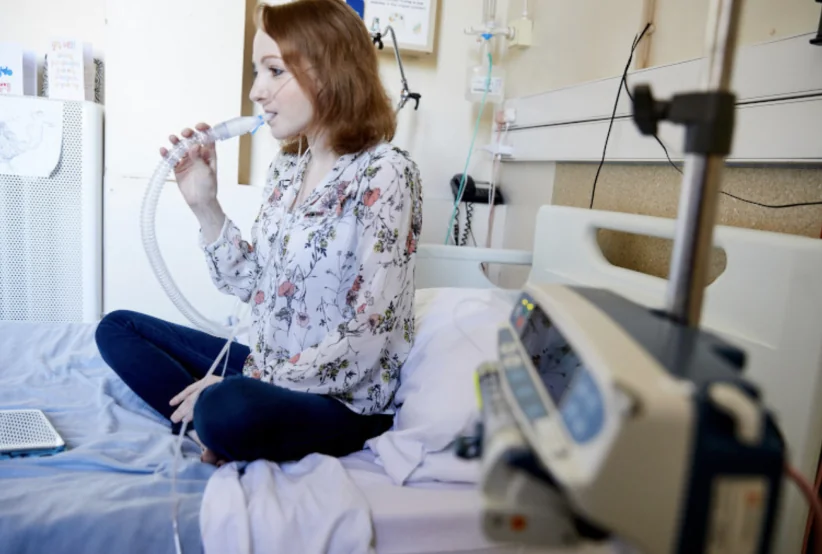Addressing Cystic Fibrosis challenges through the PIPE-CF/UKCFIB cross-sector workshop. Hollie Leighton is doing her PhD at the University of Liverpool and is part of a group of academics working on PIPE-CF led by prof Jo Fothergill. Her research focuses on developing a liquid polymicrobial biofilm model for use in the pre-clinical pipeline to develop new cystic fibrosis antimicrobials.
Hollie attended a PIPE-CF/UKCFIB joint workshop held in October 2022. The workshop was designed to stimulate thinking around focus areas of innovation needed to optimise the tools and resources available for preclinical Cystic Fibrosis antimicrobial medicines discovery. We caught up with Hollie to learn more.
How did you learn about the workshop and what prompted you to sign up?
I learnt about the workshop through my supervisors as my PhD is part of PIPE-CF along with three other PhD students. I was excited to have the opportunity to meet with other researchers in the field, along with clinicians and CF patients, and learn how my research would contribute to having an impact on the wider community.
What did you enjoy most about the workshop?
I really enjoyed learning about other research that is taking place within the field, such as the organ-on-a-chip technology that was presented, which aims to model human organs and can reproduce CF-like conditions. It can also represent niche environments such as the sinuses and the lungs which aren’t currently differentiated between in most models used in the drug development pipeline.
What was your key takeaway from the event?
The biggest takeaway from the event from me was the general feeling among attendees that there is a disconnect between researchers and clinicians, and people with CF. Factors such as administration routes, side effects and time needed in clinics are not always considered by researchers when new therapeutics are being developed, when it is important that treatments fit into the busy lifestyles of people with CF. It is important that researchers connect with the CF community frequently to ensure that quality of life for the patients can be maintained while effective treatments are delivered.
What key insights would you share with other researchers working in CF AMR?
One of the challenges facing researchers at the moment is determining biomarkers for positive clinical outcomes of antibiotics, as the success of a new drug in clinical trials is primarily based on improving quality of life, which does not always translate to numerical data in the lab.
Also, the chronic aspect of the disease is frequently overlooked in model development as well, so the long-term consequences are not considered when determining the success of a therapeutic. Many models focus on a 24-hour growth time of the pathogen in a planktonic state, meaning the chronic nature of biofilms is ignored.
Is there anything else you would like to share about your experience?
Current in vitro models that are used in the drug development pipeline are not representative of the environment that infections occur, with biofilm formation and polymicrobial communities being frequently overlooked. This makes it difficult to predict how the drug will perform in the clinic. While new technologies such as the organ-on-a-chip system are being developed, the presentations delivered at this event emphasise the need for continued research within these areas.
What other workshops would you like to see the CF AMR Syndicate run?
I would really like to learn more about how the antimicrobial resistance problem is being faced by drug developers and clinicians, and how awareness is being spread to other members of the community. AMR is an ever increasing problem, especially among people living with CF, and it’s important that research is continued and shared to be able to deal with it.

